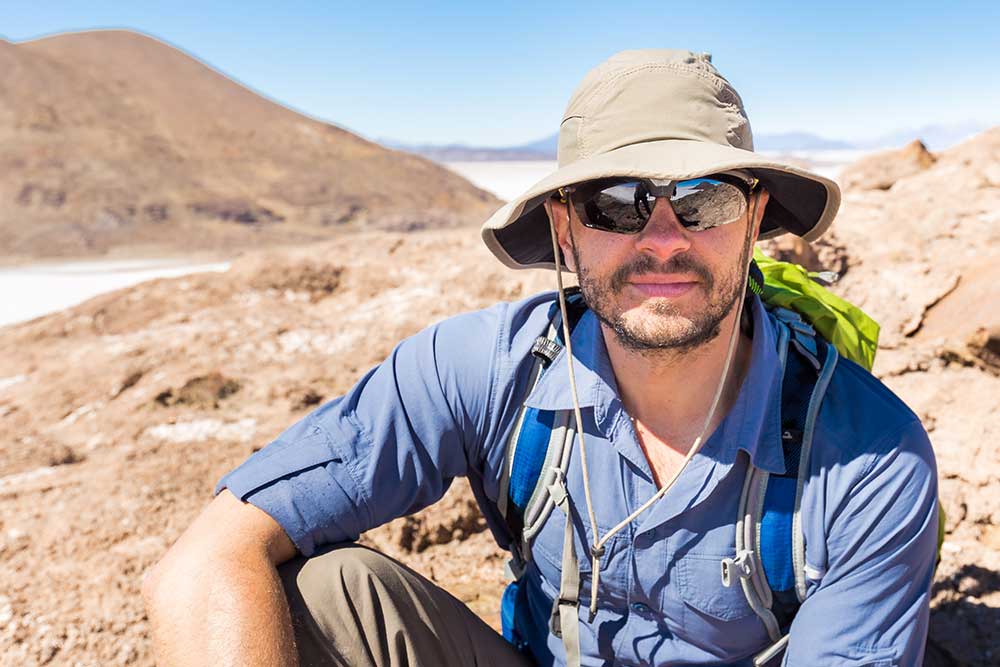All Categories
Featured
Table of Contents
Geophysics Definition & Meaning in The Vines WA 2020
This work is progressively contracted out, so consultancies provide another source of work. Consultancy firms vary in size, from really small companies to large multinationals. Some consultancies are quite specialised in using particular geophysical techniques or operating in particular places, while others offer a more varied range of services to their customers.
The extraction of gas from landfill websites is another location of work and this may grow in the future. Exploration companies may undertake work for building companies, public utility, mining business and ecological agencies, so geophysicists may be utilized in any of these settings. Other employers consist of: geological surveysgovernment bodies and agenciesuniversities and research institutes.


Jobs might be noted in the oil and gas sector press. Recruitment is impacted by oil rate variations and the level of competition for positions varies depending upon this. Professions Days, which cover the full variety of geoscience professions and are generally participated in by a variety of crucial market employers, are run by The Geological Society.
Job Guide - Geophysicist in Perth Western Australia 2021
A few of the large oil and gas business use a complete two-year structured training program across the breadth of geophysics, consisting of the opportunity to experience operate in numerous groups before specialising in one location. Your training might consist of work on: existing wellsmagnetic and gravitational possible field data analysisresearchrock analysis. Nevertheless, it's more normal for your initial training to be offered on the job.

There might be a probationary duration during which you work along with an experienced coworker. Competency-based appraisals happen frequently in most companies. In smaller sized companies, and for academic posts, there is unlikely to be any official training - you'll be expected to begin work straightaway and get skills as you go along.
If you work for a smaller sized company, you may discover that you need to take duty for organizing and moneying your own development and training. If you have a geology degree, membership of The Geological Society can be helpful for networking and for maintaining to date with the market.
What Is A Seismic Survey? in Salter Point Aus 2023
You might likewise discover it useful to join the PESGB (The Petroleum Exploration Society of Great Britain, which has a geophysics special interest group. After a probationary period, and as soon as you've gotten some experience, you might progress to senior geophysicist, then team leader and then into a senior role in management.
The ease of movement between functions depends upon the business structure. Study at Masters or Ph, D level in a subject related to geophysics or geosciences may help with your profession development and development. The employment market within the oil and gas market is extremely based on price and this might affect your opportunities for career progression.
However, not all jobs are reliant on the oil and gas industries. For experienced geophysicists, freelance consultancy offers an excellent path for career advancement. You can likewise specialise in a particular area of geophysics. As a geophysicist, you're likely to have several jobs throughout your working life. Global mobility is important for dealing with peaks and troughs in different countries at different times.
Definition: Geophysical Survey in Parmelia WA 2023
From geophysics, it's possible to concentrate on seismology (finishing more training to become a seismic interpreter) or to move into associated locations such as engineering geology or hazard forecast.
Deciding what to study in college is a tough choice. Even if you know that your field of interest lies in science, what program of research study is best for you?
But the first action to attaining your goal of becoming a geophysicist is making a degree. Even for entry-level positions in the field of geoscience, you'll require a bachelor's degree (a geophysicist college degree) from an accredited college or university. Some research study positions need prospects to hold master's degrees and even Ph.
Geophysical Engineerskills And Knowledge in Glen Forrest Western Australia 2020
Postgraduate degree are specifically important if you prepare to teach at a four-year institution. Geophysicists use physics ideas and techniques to study the gravitational, magnetic, and electrical fields of the earth. This furthers scientists' understanding of both the planet's interior core and its surface area. Geophysicists need to be able to: analyze rocks, photos, and other pieces of information conduct research study both in the field and in laboratories create maps and charts of their findings compose reports To achieve all this, students require a specialized education for geophysicist careers.
As stated above, you'll require a bachelor's degree in geoscience or an associated discipline, such as a physical science or a life sciences, to land an entry-level task. Students can also prepare by majoring in subjects like: Biology Chemistry Computer science Engineering Mathematics Physics The above geophysicist majors offer a more generalized approach to a single clinical discipline, however many programs require students to take one or more geology course.
Table of Contents
Latest Posts
How To Become A Geophysicist in Tuart Hill Western Australia 2020
What Do Geoscientists And Hydrologists Do? in Oakford WA 2023
Recent Advances In Optimized Geophysical Survey Design in Mindarie Australia 2021
More
Latest Posts
How To Become A Geophysicist in Tuart Hill Western Australia 2020
What Do Geoscientists And Hydrologists Do? in Oakford WA 2023
Recent Advances In Optimized Geophysical Survey Design in Mindarie Australia 2021